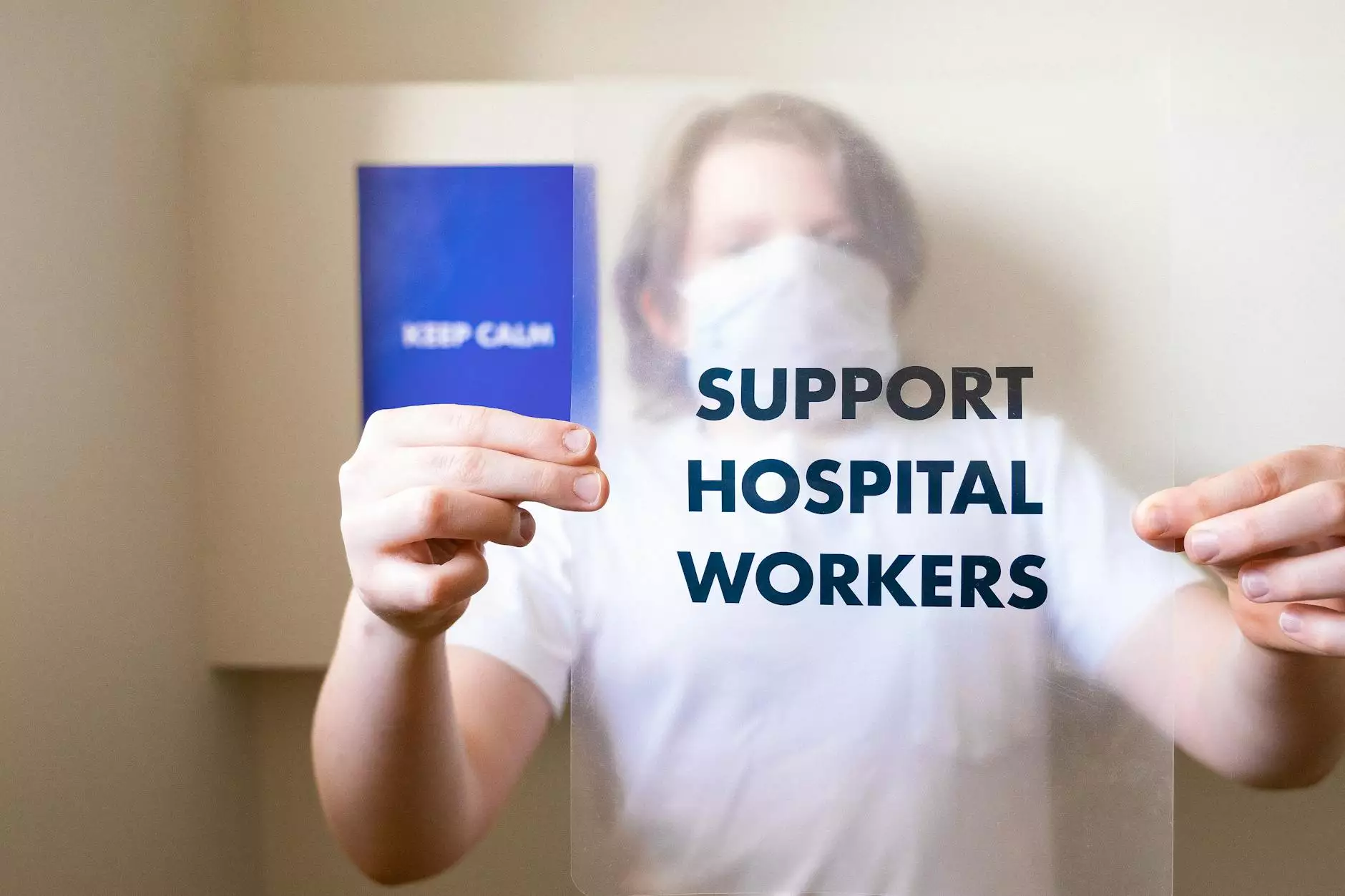What to do when you become your parent's caregiver
Caregivers
Becoming a caregiver for your aging parents can be both a rewarding and challenging experience. As your parents rely on you for their physical and emotional well-being, it is crucial to have a comprehensive plan in place to ensure their comfort and safety. At PA Poker Properties, we understand the unique struggles faced by caregivers in the real estate industry. In this article, we will provide you with detailed guidance on what to do when you become your parent's caregiver.
1. Assess the needs and resources
The first step in becoming a caregiver for your parents is to assess their needs and available resources. Evaluate their current living situation and determine if it is suitable for their changing needs. Consider factors such as accessibility, safety, and proximity to healthcare facilities. Assess their financial resources and explore options for financial assistance or support programs that can help cover the costs of care.
2. Plan for housing
Deciding on the right housing option for your aging parents is a significant aspect of caregiving. Depending on their health condition and preferences, you might consider options such as aging in place, assisted living facilities, or moving in with you. At PA Poker Properties, we specialize in real estate solutions for caregivers and can assist you in finding suitable housing options that cater to your parent's specific needs.
3. Create a support network
Caregiving can be overwhelming, and it is crucial to create a support network to share the responsibilities. Reach out to family members, friends, or local community organizations that provide caregiver support programs. These networks can offer emotional support, practical advice, and assistance during challenging times.
4. Seek professional advice
Consulting with professionals such as doctors, financial advisors, and lawyers can provide you with valuable guidance and ensure you make informed decisions. They can help you navigate through complex legal and financial matters, manage medical treatments, and provide recommendations for specialized care services.
5. Establish a care plan
Developing a comprehensive care plan is essential to ensure your parent's daily needs are met consistently. Schedule regular medical check-ups, create medication management systems, and establish a routine that incorporates physical activities, mental stimulation, and social engagement. Consider hiring professional caregivers if necessary and outline their roles and responsibilities in the care plan.
6. Prioritize self-care
Caregiving can often lead to burnout, affecting your physical and mental well-being. Prioritizing self-care is essential to maintain your own health and continue providing optimal care for your parents. Take breaks when needed, engage in activities that help you relax, and seek support from support groups or mental health professionals when necessary.
7. Stay informed
Stay informed about the latest advancements in elder care and resources available for caregivers. Join relevant online forums or subscribe to caregiver-focused websites to access valuable information and connect with individuals facing similar challenges. Educate yourself on topics such as caregiving techniques, healthcare options, and legal matters to make informed decisions for your parents.
8. Seek respite care services
Utilize respite care services to give yourself a break from the responsibilities of caregiving. Respite care provides temporary relief by arranging for trained professionals to take over your caregiving duties for a short period. This allows you to recharge and engage in personal activities while ensuring your parents' care needs are still met.
At PA Poker Properties, we understand that becoming a caregiver for your parents can be overwhelming. That is why we are committed to providing resources and support to individuals in the real estate industry facing similar challenges. Contact us today to learn more about our services and how we can assist you in finding suitable housing options for your parents.










